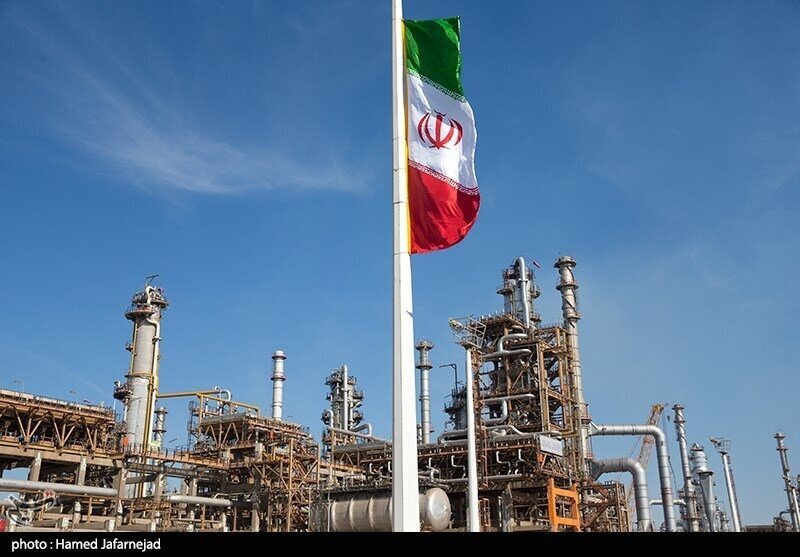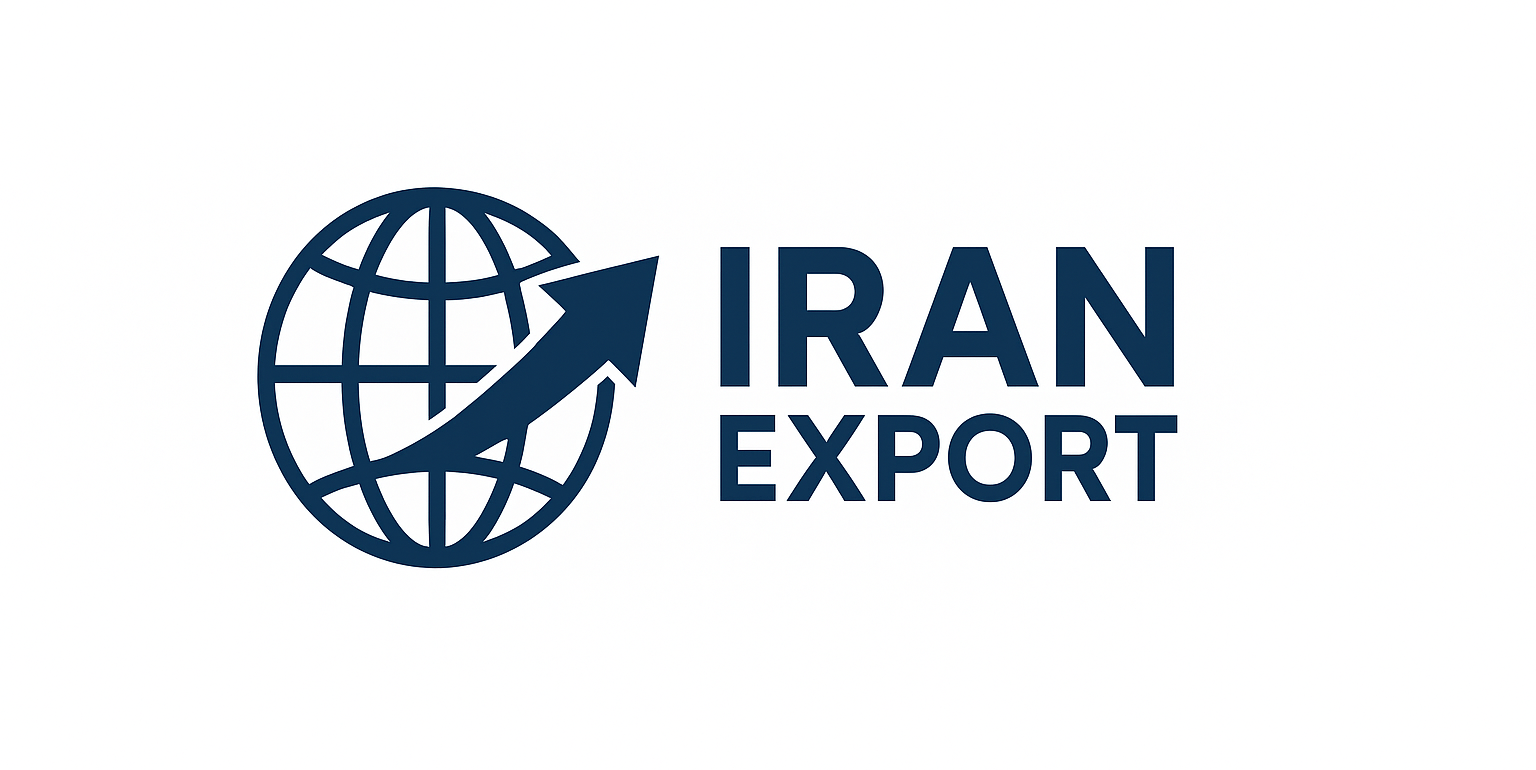
Iran’s Role in the Global Petrochemical Supply Chain
The global petrochemical industry is one of the key pillars of modern economies, supplying essential raw materials for plastics, textiles, automotive, pharmaceuticals, packaging, and countless other industries. As global demand continues to rise, the strategic importance of petrochemical-producing countries has never been greater. Among these players, Iran stands out as a major contributor to the global petrochemical supply chain due to its vast natural resources, strategic geographical location, and growing production capacity.
In this article, we will explore Iran’s petrochemical strengths, its role in the international market, competitive advantages, and the challenges that shape its position in the global supply chain.
📊 Petrochemical Industry in Iran: An Overview
Iran’s petrochemical sector is one of the largest in the Middle East and plays a central role in the country’s non-oil economy. With access to abundant natural gas reserves (second-largest in the world) and rich crude oil resources, Iran has a unique advantage in feedstock supply.
Currently, the country operates dozens of petrochemical complexes that produce a wide range of products, including:
-
Ethylene and Polyethylene (building blocks of plastics)
-
Methanol (a critical raw material for chemicals and fuels)
-
Aromatics such as benzene, toluene, and xylene
-
Fertilizers like urea and ammonia
-
Polymers and synthetic rubbers
This diversified portfolio enables Iran to meet domestic needs while also targeting export markets across Asia, Europe, and Africa.
🚢 Iran’s Role in Global Exports
Despite facing sanctions and trade limitations, Iran remains one of the top global exporters of petrochemical products. Petrochemical exports generate billions of dollars annually and are considered a backbone of Iran’s non-oil export economy.
Key export markets include:
-
China and East Asia: Major buyers of methanol, polyethylene, and other polymers.
-
India and South Asia: Importers of fertilizers, polymers, and chemicals.
-
Turkey and neighboring countries: Regional demand for both industrial and consumer applications.
-
Africa and select European markets: Emerging buyers, especially in fertilizers and plastics.
Iran’s ability to supply a broad range of petrochemicals makes it a reliable link in the global supply chain, particularly in Asia where industrial demand is rapidly growing.
🏭 Competitive Advantages of Iran in the Petrochemical Sector
Several factors enhance Iran’s competitiveness in the global petrochemical supply chain:
1. Abundant and Low-Cost Feedstock
Thanks to its vast natural gas reserves, Iran enjoys one of the lowest feedstock costs in the world. This gives Iranian petrochemicals a price advantage in global markets compared to many competitors.
2. Strategic Geographical Location
Situated at the crossroads of Asia, Europe, and Africa, Iran provides easy access to major consumer markets. Proximity to global shipping routes, particularly the Persian Gulf and the Strait of Hormuz, strengthens its export potential.
3. Diversified Product Portfolio
Iran’s industry is not limited to a few chemicals; instead, it produces a wide spectrum ranging from bulk petrochemicals to specialized products, which ensures flexibility in meeting international demand.
4. Growing Domestic Investment and Technology Adoption
Despite challenges, Iran continues to invest in new technologies, refinery upgrades, and downstream integration projects to improve efficiency, quality, and value-added output.
⚖️ Challenges Facing Iran in the Global Petrochemical Supply Chain
While Iran’s position is strong, it is not without challenges:
-
International Sanctions and Trade Restrictions: Limitations on banking, insurance, and shipping create barriers to accessing some markets.
-
Logistical and Infrastructure Constraints: Certain export routes face bottlenecks, which affect delivery times and costs.
-
Competition from Regional Players: Countries like Saudi Arabia, Qatar, and the UAE also dominate the petrochemical industry, intensifying competition.
-
Technology Gaps: Limited access to advanced Western technologies can sometimes affect production efficiency and innovation.
Despite these obstacles, Iran has demonstrated resilience by building partnerships with Asian countries, improving domestic capabilities, and leveraging regional demand growth.
📈 Future Outlook: Iran’s Growing Role in Global Supply Chains
Looking ahead, Iran is expected to strengthen its position in the global petrochemical supply chain through:
-
Expansion Projects – New petrochemical plants and expansion of existing facilities are underway to increase production capacity.
-
Diversification into Value-Added Products – Moving beyond raw petrochemicals into higher-value chemicals and polymers.
-
Partnerships with Asian Economies – Deepening ties with China, India, and Southeast Asia as key trading partners.
-
Sustainability Initiatives – Exploring cleaner technologies, energy efficiency, and integration with renewable energy trends.
With global demand for plastics, chemicals, and industrial inputs expected to rise over the next decade, Iran’s role will remain crucial in ensuring supply stability and market diversity.
🔑 Conclusion
Iran plays a pivotal role in the global petrochemical supply chain, supported by its low-cost feedstock, strategic location, and diverse product range. While sanctions and competition pose challenges, Iran continues to expand production and secure new markets, especially in Asia. For global buyers and industry stakeholders, Iran represents both a reliable supplier and a competitive alternative in the evolving petrochemical landscape.
As the industry moves toward growth, innovation, and sustainability, Iran’s petrochemical sector is set to remain a key player in shaping the future of the global supply chain.

